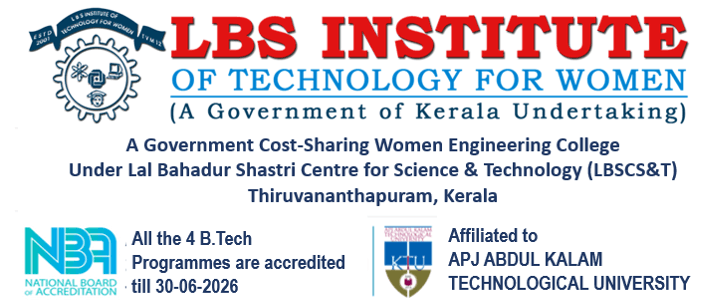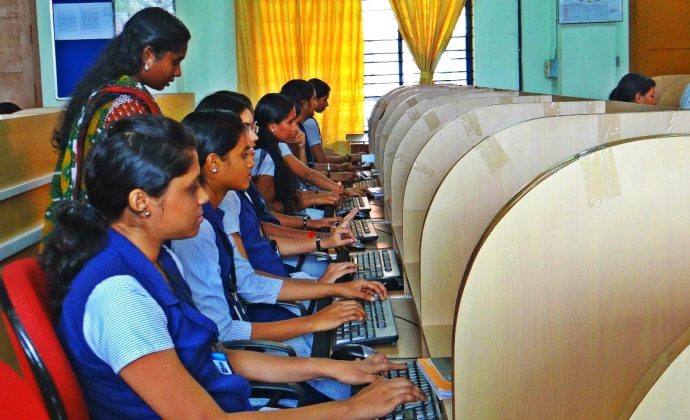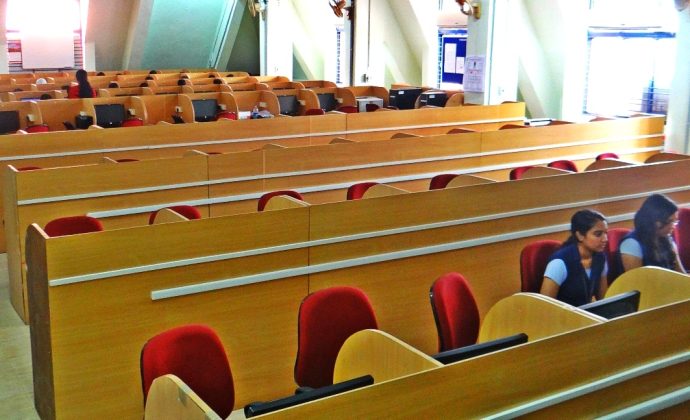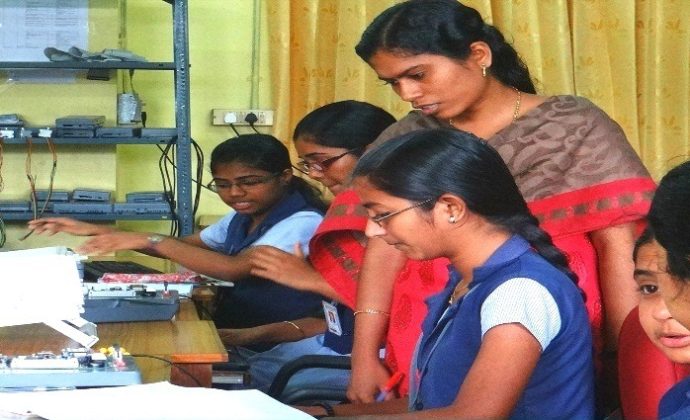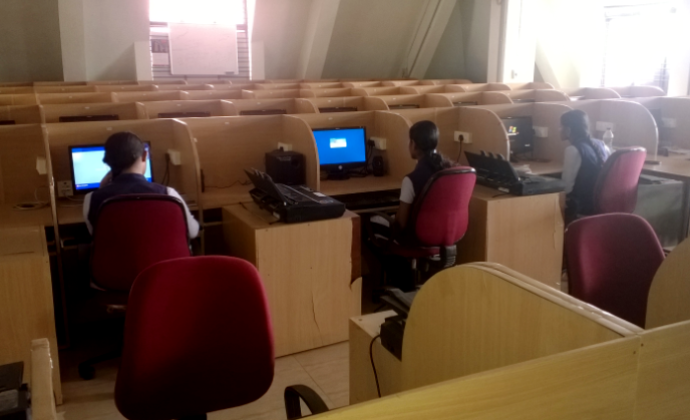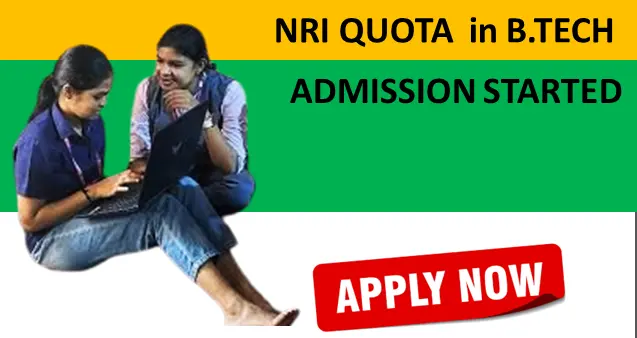B.Tech in Information Technology
The Department offers one batch of B. Tech in Information Technology(IT). IT and CSE are the disciplines within the same realm of study. Information Technology is an academic discipline mostly dealing with industry oriented learning. It involves more practical that have more “real world” applications such as database management and networking, data querying and more. The department provides state of the art computing facilities to the students. Graduates from the department are most wanted by both academia and corporates.

